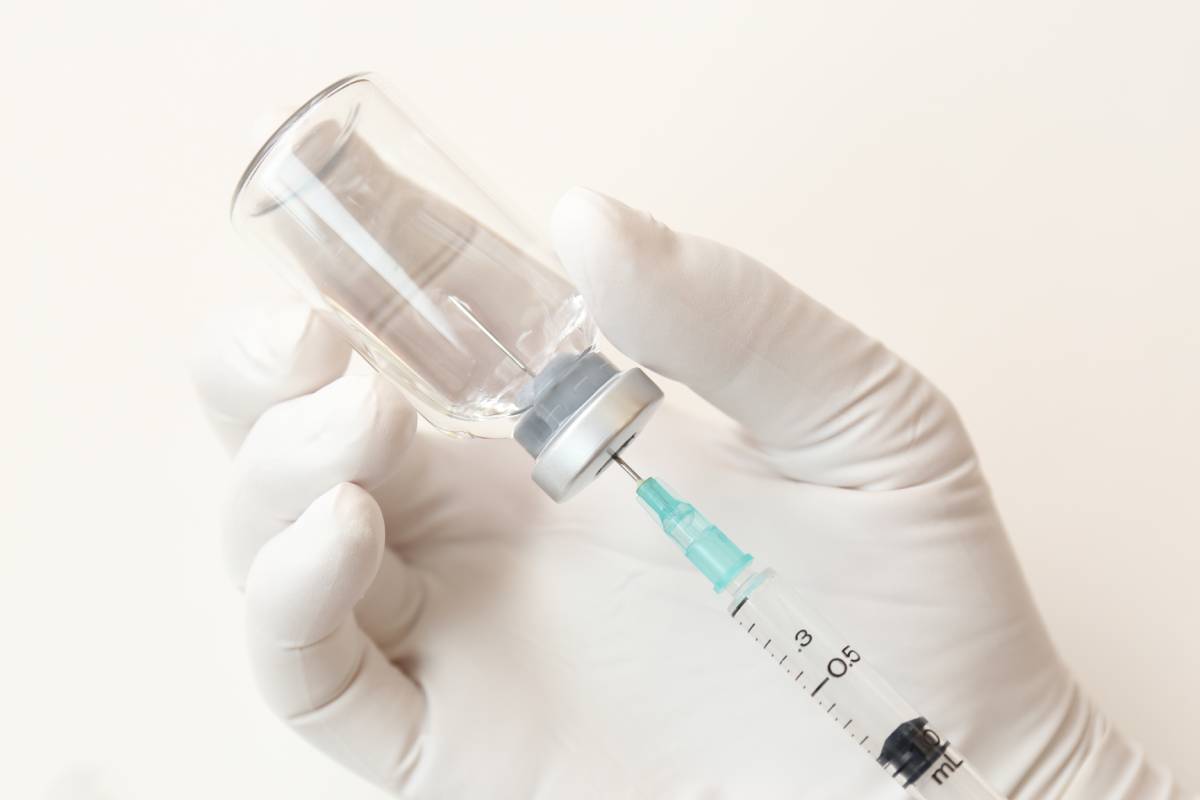
The Inflation Reduction Act (IRA), which was signed into law by President Joe Biden on August 16, seeks to fight inflation, reduce carbon emissions, and boost domestic energy production (Grovery & Orgera, 2022). However, the Inflation Reduction Act will also have a large impact on healthcare: among other provisions, the law is set to lower the cost of prescription drugs like insulin, cancer medications, and blood thinners for millions of Americans (Gustafsson & Collins, 2022). It is the most significant piece of health care legislation since the passage of the Affordable Care Act in 2010 (Gustafsson & Collins, 2022).
High prescription drug costs pose an intractable problem for many Americans (Lovelace Jr., 2022). A Kaiser Family Foundation (KFF) poll published in July 2022 found that “about a quarter of adults say they or a family member in their household have not filled a prescription, cut pills in half, or skipped doses of medicine in the last year because of the cost” (Montero et al., 2022). Additionally, nearly 1 in 2 adults overall reported difficulty affording health care expenses, included prescription medications (Montero et al., 2022). The IRA allows Medicare for the first time to negotiate prices on the most expensive prescription drugs (Abrams, 2022). The new law caps out-of-pocket costs for people on Medicare, limits the monthly cost of insulin for seniors, and extends the expanded subsidies for individuals buying their own health insurance through the ACA, which were set to expire this year (Lovelace Jr., 2022). Here, some of the provisions are explained in more depth:
Medicare will be able to negotiate prices
The Inflation Reduction Act empowers the federal government to negotiate prices for some of the medications that Medicare spends the most money on, which has been a goal decades in the making for Democrats and some Republicans within healthcare policy (Abrams, 2022). Starting in 2026, Medicare will begin negotiating the price of 10 drugs. That will increase by an additional 15 drugs in 2027, and then to an additional 20 drugs in 2029 and beyond (Abrams, 2022).
Curbing insulin costs
Starting in 2023, the cost of insulin will be capped at $35 per month for Medicare beneficiaries, though the cost will not be capped for those with private health insurance. The monthly cap will help millions: a study published in Health Affairs in July found that 14.1% of people who use insulin in the U.S. (almost 1.2 million individuals) reach “catastrophic” spending over the course of one year, meaning that after paying for essentials like food and housing, at least 40% or more of their remaining income is spent on insulin (Bakkila et al., 2022).
$2,000 out-of-pocket cap
Starting in 2025, the law will cap out-of-pocket spending on prescription drugs at $2,000 annually. Previously, Medicare beneficiaries had to spend about $7,000 out of pocket before qualifying for “catastrophic coverage,” under which patients are only charged a copayment or coinsurance percentage (Medicare.gov, n.d.). Stacie Dusetzina, a health policy professor at Vanderbilt University Medical Center, says this benefit is “arguably the most significant portion of the law” (Lovelace Jr., 2022). According to the KFF, “about 1.4 million people on Medicare had annual out-of-pocket costs greater than $2,000 in 2020” (Montero et al., 2022).
There are other notable healthcare benefits in the provisions of the Inflation Reduction Act, including free vaccines for seniors and inflation penalties for drugmakers. Dusetzina notes that the impact of the IRA will be “significant,” especially for those in need of the costliest drugs (Lovelace Jr., 2022). People on Medicare are expected to benefit the most from the new law, but some experts say that some of these changes could eventually have an impact on the commercial insurance market (Lovelace Jr., 2022). Many of the law’s provisions won’t go into effect for a few years, meaning that change won’t be immediate, but the IRA represents progress towards increasing the affordability of prescription drugs while paving the way for additional future reform.
References
Abrams, Abigail. (2022, August 22). Why Americans May Soon See Lower Drug Costs. Time, 200 (7), 15.
Bakkila, B. F., Basu, S., & Lipska, K. J. (2022). Catastrophic Spending On Insulin In The United States, 2017–18. Health Affairs, 41(7), 1053–1060. DOI:10.1377/hlthaff.2021.01788
Catastrophic coverage | Medicare. (n.d.). Medicare.Gov. https://www.medicare.gov/drug-coverage-part-d/costs-for-medicare-drug-coverage/catastrophic-coverage
Grover, A., & Orgera, K. (2022, August 17). The Inflation Reduction Act will cut health care costs for some patients. But we need to do more. AAMC. https://www.aamc.org/news-insights/inflation-reduction-act-will-cut-health-care-costs-some-patients-we-need-do-more
Gustafsson, L., & Collins, S. R. (2022, August 15). The Inflation Reduction Act is a Milestone Achievement in Lowering Americans’ Health Care Costs. To the Point, Commonwealth Fund. DOI:10.26099/M8AY-4J69
Lovelace Jr., B. (2022, August 16). Inflation Reduction Act becomes law: How it will affect your health care. NBC News. https://www.nbcnews.com/health/health-news/inflation-reduction-act-becomes-law-will-impact-health-care-rcna43090
Montero, A., Kearney, A., Hamel, L., & Brodie, M. (2022, July 14). Americans’ Challenges with Health Care Costs. KFF. https://www.kff.org/health-costs/issue-brief/americans-challenges-with-health-care-costs/
Understanding the Health Provisions in the Inflation Reduction Act. (2022, August 11). KFF. https://www.kff.org/medicare/understanding-the-health-provisions-in-the-senate-reconciliation-legislation/

